Outsourcing vs Inhouse team? how to choose for your project

You have to compare building an inhouse team vs outsourcing most of the times you have a software development project. You got to weigh the pros and cons to understand what would be the ideal approach for the long term. This article lays out the fundamentals that you need to consider when evaluating both options.
How to choose between in-house software development and outsourcing
- Time to market and deadlines
- Access to funds, cash flow and predictability
- Nature, quality and availability of resources needed
Time to market and deadlines
The time to market is critical for both customer facing products or business solutions for use within the organization. They say time is money, not being able to make your software live at the right time could mean that you lose your window of opportunity. If you are working on a tight deadline then going through the elaborate recruiting process for each of the resources needed would not be feasible. Also, you would need a good recruiting team for the same as well.
Now there are recruitment consultancies or freelance recruiters that might help out in easing the process but again there can be challenges around culture alignment, domain know-how and expertise. It might be ideal for you to outsource the project If you are bound by a short timeline like 6 – 12 months. However, if you are looking to build out a product over the next couple or more years then it might make sense to set-up your town team up.
Access to funds, cash flow and predictability
Though there are many factors in deciding about outsourcing, Cost is the single most influencing factor that might drive your decision to engage a third-party vendor. When setting up your own team you would have to consider the going local rates within the industry, employment related costs as regulated by your local laws.
For outsourcing it is more defined and it usually doesn’t have as many strings attached as hiring your own team. You can predict at the beginning itself as to how much the entire project might cost and the outsourcing vendor would take care of continuity.
Nature, quality and availability of resources needed
Well, if the type of expertise is not available locally then you may not be left with many options other than, outsourcing or hiring resources who work remotely. The benefit of outsourcing is that you can tap talent across the world without being restricted to the expertise available locally or the lack of it.
Employees working remotely is also another viable option with physical boundaries dimming because of the penetration of connectivity. However, the project management has to be very strong to make it work with remote resources.
What are the ideal scenarios for Outsourcing or having an Inhouse Team?
There isn’t a thumb rule to decide between outsourcing and maintaining a team inhouse. People might say that ‘If you want it cheaper, then just outsource’. That however is not true as sometimes it may be cheap to start out with outsourcing, but when you consider the costs because of project impact, quality, time to market etc, it might be way more expensive. We have laid out the ideal scenarios for both approaches as below to help make your decision easier –
Build and maintain an Inhouse team
- Your project requires a strong understanding of your company processes and culture, and has to adapt to your changing environment.
- Your project involves your own patented technology and you need to keep the IP privy.
- Need to be in control of the project end to end.
- The solution is should handle your critical business functions and confidential competitive company data
- You are creating a product and you want to develop and maintain the expertise inhouse
Outsource to a software development company
- You are working with limited budgets
- Expertise you need is not available locally
- You have aggressive deadlines
- Lack a recruiting team or lack domain experience inhouse
- Be able to rapidly scale or downsize in a short period of time
- Do not have a strong internal project management team
The points as above might make it seem that Outsourcing has the upper-hand, and mostly, it does. But there are challenges as listed below that might end up draining out all the benefits of outsourcing –
- Watch out for cultural differences that may not be compatible with your way of working. This might result in a lot of friction and in the end leave a bad taste.
- Be wary about super cheap outsourcing companies as their quality might not be quite what you expect.
- A number of times client fall victim to their code being held as hostage for additional payments or inflated costs.
- You might get little to zero legal protection as the outsourcing companies in foreign countries would have their own laws.
- Validating the actual existence, integrity and their people may not be very straight-forward.
- There have been instances of IP leaks, IP ownership is shared or resold.
- If the vendor does-not have an efficient project management process then you may not get visibility into the progress and the state of the project
- The vendors may not be able to provide you support for your peak hours due to time zone differences
Due Diligence done correctly can resolve most of the challenges before awarding a project and shortlisting reputed outsourcing companies.
Conclusion
Both the approaches have their own perils and benefits, and use all the factors as above to weigh the pros and cons to make a decision. Outsourcing has become widely acceptable as companies opened up to global talent and for keeping the costs under control. The unRFP website makes it easier for you to find reputed outsourcing companies for software development. You can use the captured parameters and metrics on the website that might help with the due diligence process.

